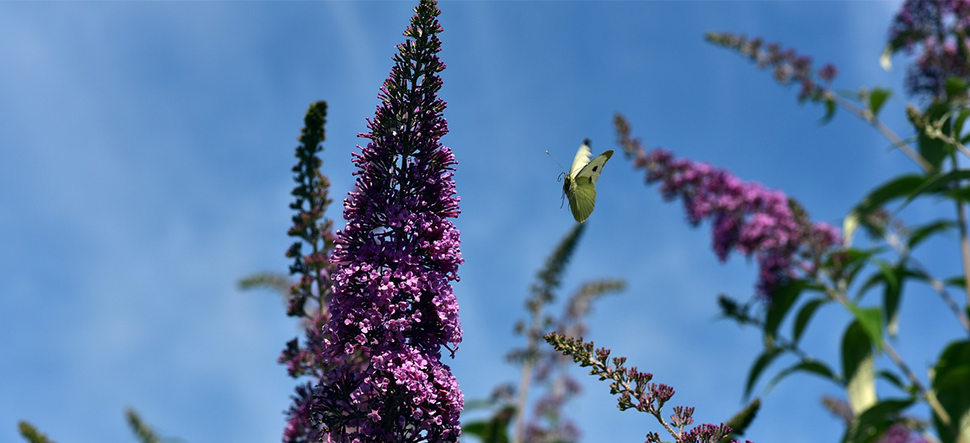
21, August 2023
A Dose of Nature for Health
You’ve probably heard that Nature is good for your health, but you might not have realised just how beneficial it is. Recent analysis from the Wildlife Trusts suggests that ‘green prescribing’ programmes could save the NHS over £635 million pounds a year. And it’s thought that many of us could be suffering from ‘Nature-deficit disorder’.
What is Nature Deficit Disorder?
‘Nature-deficit disorder’ is a phrase coined by American journalist Richard Louv in his 2005 book Last Child in the Woods: Saving Our Children From Nature-Deficit Disorder. It refers to the idea that modern humans, especially children, are suffering the detrimental mental and physical health effects of a lack of contact with the natural world. Although not an official medical condition, the idea of Nature-deficit disorder makes a lot of sense; generally, as we work longer hours (often in increasingly built-up cities) and interact through screens, we spend nowhere near as much time in green spaces as we might have done in the past.
This fascinating study, conducted in 2013, asked over 20,000 participants to respond to short questionnaires about their mood through an app. It then used GPS data to look at their location. Unsurprisingly, those in ‘all green or natural habitats’ were happiest.
So, it’s official: spending time in Nature can have a profound positive effect on our mental and physical health. And according to the Wildlife Trusts, ‘People with Nature on their doorstep are more active, mentally resilient and have better all-round health’. But what if Nature isn’t on your doorstep?
Finding Nature in Unlikely Places
If you live in a city, you don’t have the obvious access to Nature that those living in rural areas do. But you can still find it. And often, Nature thriving in unexpected places can be the most satisfyingly uplifting – a pleasant surprise from the natural world.
Around this time of year, buddleia is bursting out of unlikely cracks in our cities. This flowering plant (in the picture at the top of this post) sprouts from the rooftops of abandoned buildings, at the side of railway tracks and out of brick walls. It might look underwhelming from a distance, but get up close and you’ll see long clusters of tiny blooms, popular with our pollinating pals like butterflies and bees. And as well as looking pretty, buddleia flowers smell great. Why not head outside and see if you can find one of these beautiful plants, often known as ‘butterfly bushes’?
Buddleia is just one example of urban nature, but there’s so much more to find. Stroll along a canal or riverside and spot ducks and geese, head to the nearest park and check out the big old trees. Whip off your shoes and socks and feel the grass beneath your feet, or lie back and stare up at the shifting clouds. Challenge yourself to leave your house or office and spend a few moments in the first little piece of nature you can find, be it a patch of wasteland or a grass verge., go one step further and take an ‘awe walk’.
What is an Awe Walk?
Some experts suggest taking an ‘awe walk’ as a means of boosting mental and physical wellbeing. The idea is that experiencing a sense of wonder can ease stress and boost our mood. And Nature certainly has plenty of awe to offer. Looking for the spectacular in the world around us helps us to think externally rather than internally, to be grateful for the bigger picture.
In an ideal world, all awe walks would involve standing from high peaks, surveying the view, or marvelling at roaring waterfalls. In reality, especially in the city, it isn’t possible. But you can find awe, wherever you are. Go macro: iridescent beetles, spiky ladybird larvae and spiders and their webs are all fascinating up close.
Getting out on any kind of walk is great four your health, but don’t forget to keep a little bit of Nature close at home. Even if you don’t have a garden, growing houseplants or installing a window bird-feeder can both help you feel more connected to the natural world – and all the goodness it brings.




